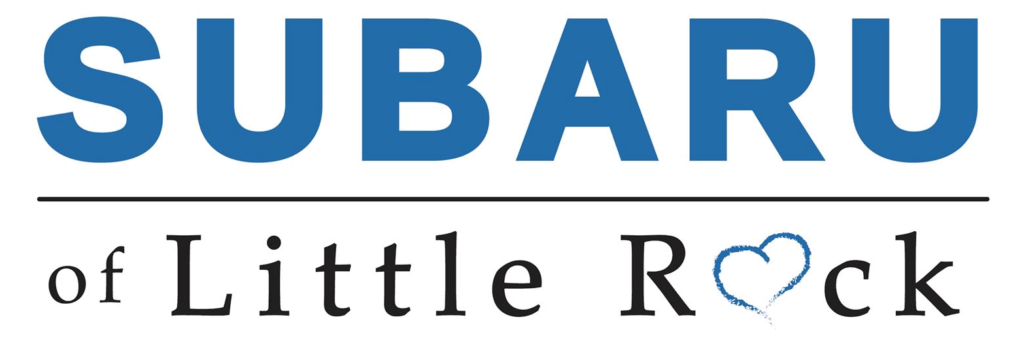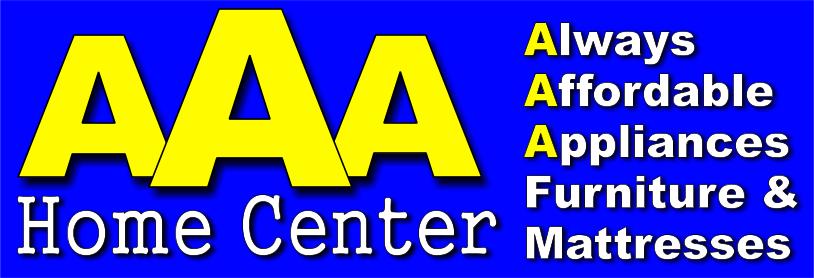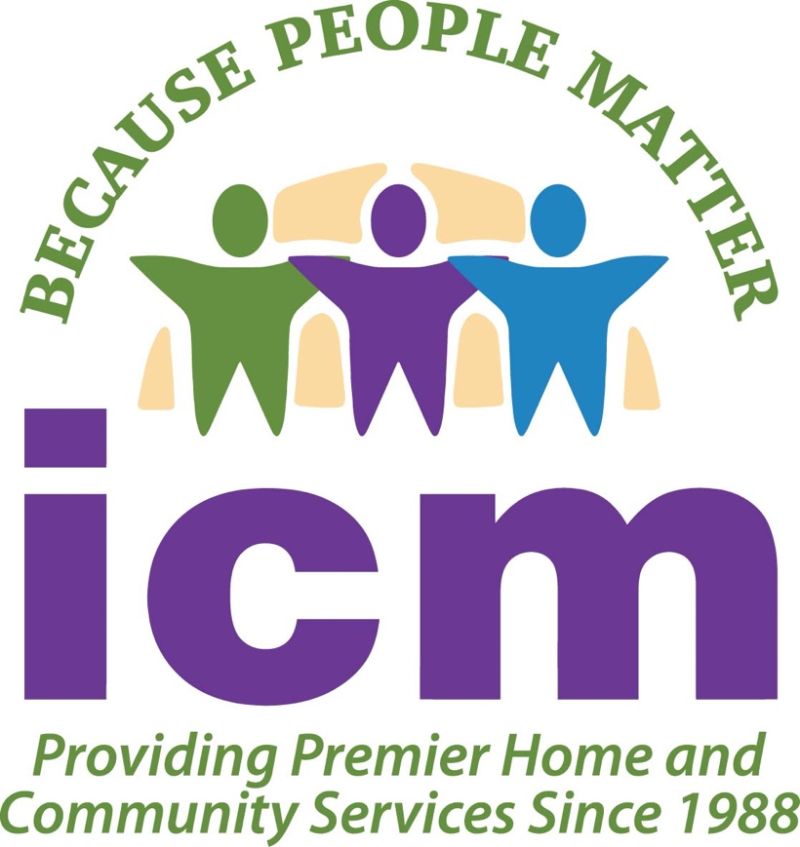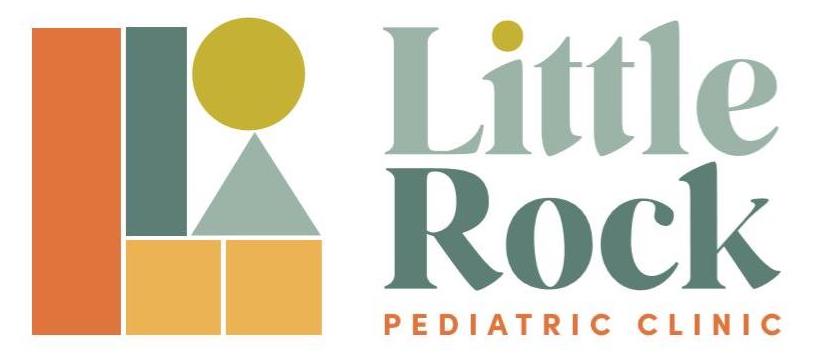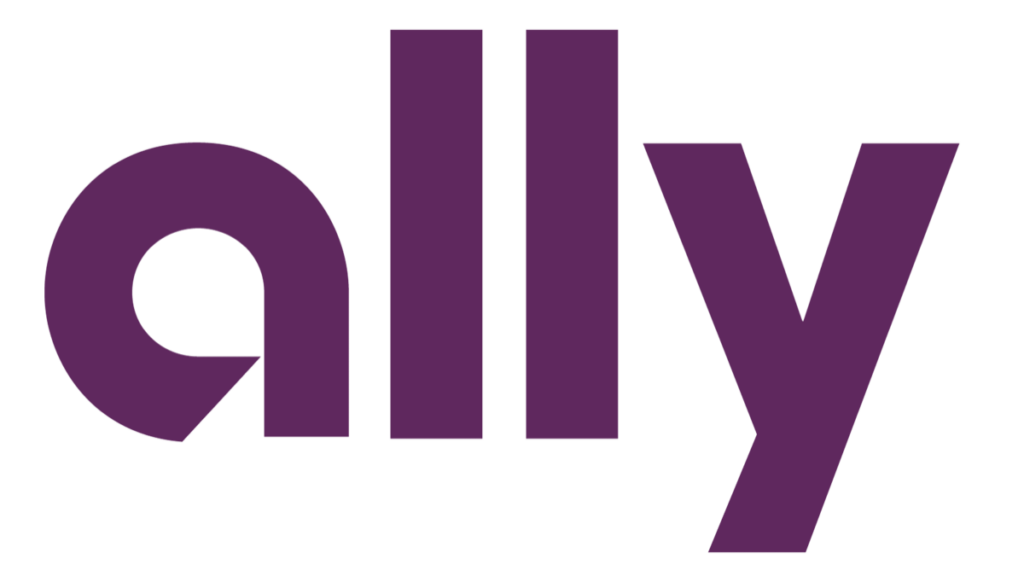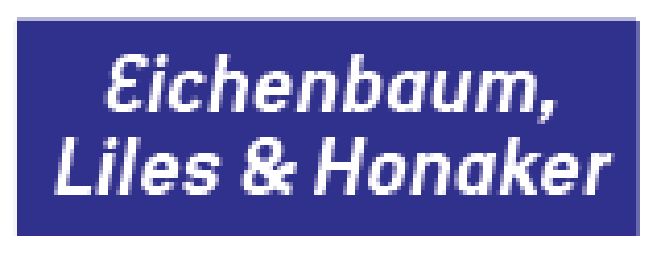Background
The Tax Equity and Fiscal Responsibility Act (TEFRA) is a Medicaid program that can help families with children younger than 19 years old who have a disability receive care in their homes rather than an institution. The TEFRA program can help pay for the cost of those services for eligible children. Some families will not have to pay anything as part of the program. Others pay a premium on a sliding scale, depending on their income. Children who live in an institution or receive extended care in an institution are not eligible for TEFRA.
You can apply for the program by filling out the TEFRA application packet and submitting it to your local DHS county office. If you need help or have questions, feel free to call: 1-855-372-1084.
Applying for TEFRA
How to Apply
More About TEFRA
More Info
Also known as the Katie Beckett option, TEFRA is a category of Medicaid that provides care to disabled children in their homes rather than in institutions. To qualify for TEFRA benefits, the child must be disabled according to the Supplemental Security Income (SSI) definition of disability and must meet the medical-necessity requirement for institutional care. Children who live in institutions or who receive extended care in institutions are not eligible in the TEFRA category. To qualify for TEFRA benefits, the child:
- must be younger than 19
- cannot have income that exceeds the Long Term Care Medicaid limit
- cannot have countable resources that exceed $2,000



